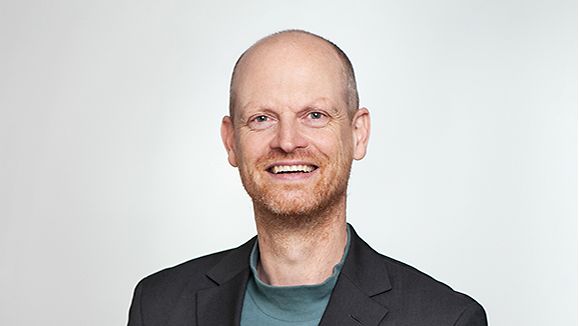Energy Transition
Green Energy News | August 2025
Germany’s green energy sector recently reached a hydrogen landmark with new draft laws to accelerate renewable energy expansion and carbon capture and storage also being approved by the federal government. In other news, new funding of EUR 400 million has been made available for climate-friendly shipping and ports.
Aug 28, 2025
Gascade Makes Hydrogen History
Gas transportation company Gascade has reached a milestone in Germany’s energy transition with the start of the initial hydrogen filling of the first section of the “Flow – making hydrogen happen” program. Approximately 400 km of a former natural gas transmission pipeline with a 1.4 m diameter is being gradually converted to transport hydrogen by the end of the current year. Internationally without precedent, the project will see the creation of a significant section of the North-South hydrogen transport corridor in Germany.
Federal Government to Invest EUR 400 Million in Climate-friendly Shipping and Ports
Germany’s federal government has announced plans to provide an additional EUR 400 million in funding over the next four years for climate-friendly shipping and ports. The additional funding will be used in the development of shore power and bunkering facilities at ports, waterways used exclusively by low emissions ships, and strengthening of the inland waterways system. The new funding will primarily benefit the country’s five coastal states –Hamburg, Lower Saxony, Bremen, Schleswig-Holstein, and Mecklenburg-Western Pomerania – with their respective seaports. However, shipping projects and inland ports will also benefit from the steps to modernize shipping and transform ports into energy hubs.
Draft Law to Speed Up Renewable Energy Expansion Approved
A draft law to speed up renewable energy expansion in accordance with the European Union’s Renewable Energy Directive (RED) III has been approved by the German federal government. The legislation will accelerate the expansion of renewable energy projects by streamlining the approval process – particularly under immission control and water law. A single body will be responsible for application approvals. The RED III stipulates that a minimum of 42.5 percent of total energy consumed within the EU be generated from renewable sources by 2030. The draft proposal seeks to achieve 80 percent of domestic power demand from renewable sources by the same time, with the introduction of online application submissions in November of this year. Energy produced from renewable sources produced almost 58 percent of all domestic power in Germany in 2024.
Carbon Dioxide Storage Act gets Green Light
Germany’s federal government has given the green light to a draft law that paves the way to carbon capture and storage (CCS) and carbon capture and utilization (CCU) use as well as the transportation and storage of carbon dioxide. Calling it a “milestone for industry,” Federal Minister for Economic Affairs and Energy Katherina Reiche stressed that carbon dioxide transportation, storage and utilization are all essential for sectors including cement and lime production where process-related emissions are unavoidable. The legislation targets hard-to-avoid industrial emissions – especially from cement, lime, waste incineration, and basic chemical production – that should be captured and stored to meet climate goals while strengthening industry. The draft law establishes a legal framework for building carbon dioxide pipelines and storage facilities.
